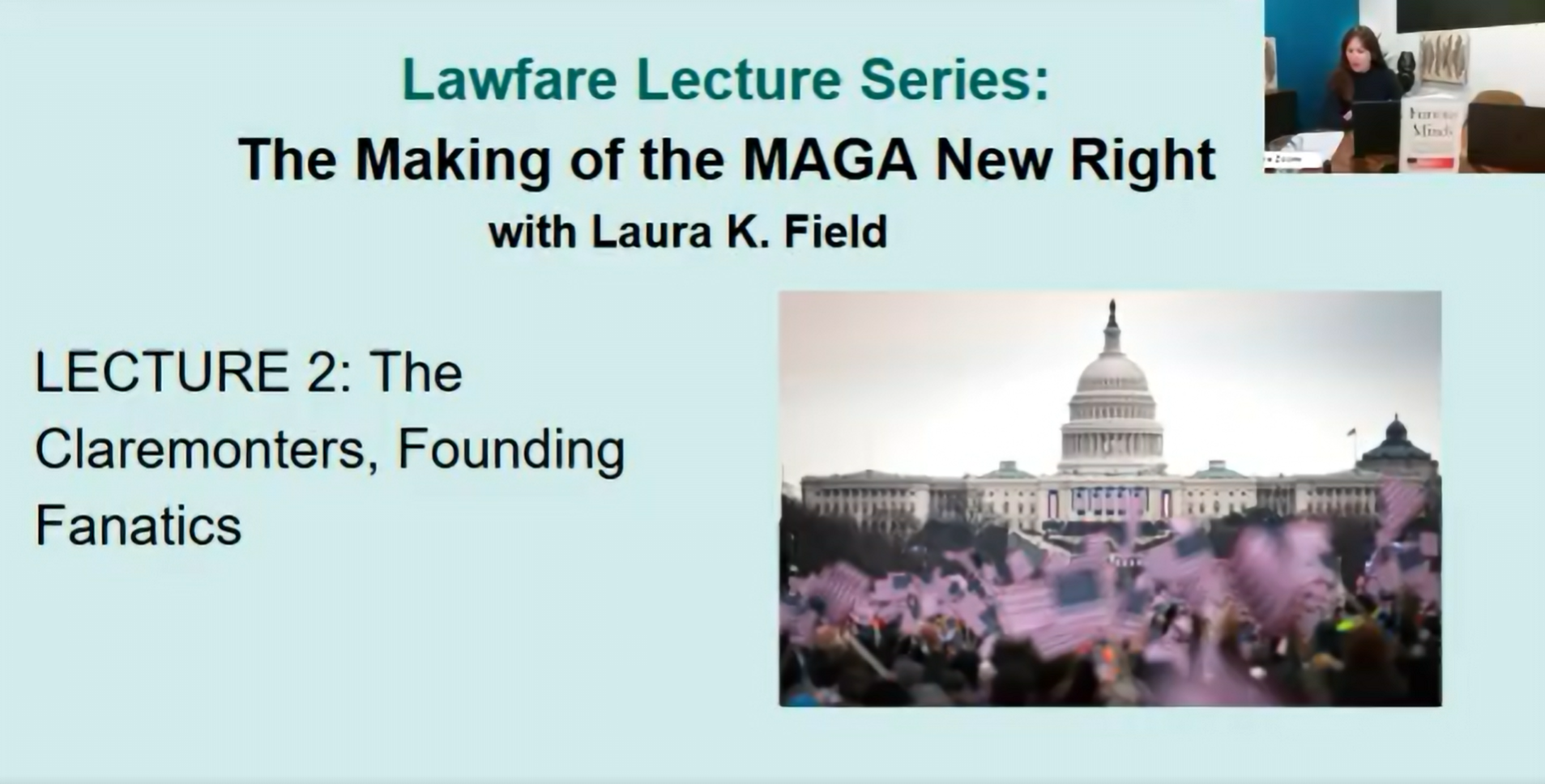Geoffrey Corn Responds to Mark Mazzetti, The Drone Zone
Geoffrey Corn, professor of law at South Texas College of Law and former JAG officer and chief of the law of war branch of the international law division of the US Army, sends in the following comment on Ken Anderson's earlier post on Mark Mazzetti's New York Times Magazine article, "The Drone Zone." Our thanks to Geoff for the contribution:
It seems especially troubling that anyone would suggest that stand-off warfare somehow negates the moral challenges associated with d
Geoffrey Corn, professor of law at South Texas College of Law and former JAG officer and chief of the law of war branch of the international law division of the US Army, sends in the following comment on Ken Anderson's earlier post on Mark Mazzetti's New York Times Magazine article, "The Drone Zone." Our thanks to Geoff for the contribution:
It seems especially troubling that anyone would suggest that stand-off warfare somehow negates the moral challenges associated with decisions that result in the taking of human life. In fact, it is quite possible that these type of targeting modalities produce unique moral challenges for the warrior. Underestimating the impact of having to set in motion kinetic weapons that kill others is unfortunate and misleading. Death and killing are an inevitable consequence of armed hostilities. While it is tempting to suggest that stand-off capabilities make this process easier for the warrior, the fact remains that moral individuals have to make those incredibly difficult decisions and have to live with the consequences of their actions. There's a certain moral clarity in close combat, to be sure, where one is personally at risk - exigency provides an often clear and unambiguous moral framework for the trigger puller, kill or be killed. But that's not the ideal kind of moral clarity; the ideal moral clarity allows for deliberation - and that deliberation is served by lowering personal risk to oneself and one's forces and having time. In other words, there's another kind of moral clarity where the trigger puller - or the commander giving the order - is not at risk, does not have to consider the bare necessity of self-survival or the survival of those under one's command, and can think harder about the strategic and tactical, moral and legal, reasons for pulling the trigger. It makes the moral decision harder, not easier, and perhaps not as clear as that of personal risk - but it is the kind of deliberative decision-making that drones (sometimes at least) allow us and which we should prefer, all things equal. It therefore seems to me that stand-off warfare involves its own set of complex moral challenges for the warrior. For example, the process of going to work in the morning, engaging enemy belligerent targets with deadly force, and leaving that evening to return to the normalcy of the home and family place the warrior in an environment of conflicting contexts unlike any of his or her peers in the battle-space. (Those who endured the two years of low intensity confrontations with the Panamanian Defense Forces in the late 1980s had a small taste of this, living in Panama with their families in the same place where they routinely conducted operations to defend U.S. facilities against the PDF.) It is a mistake to assume killing, even in war, is easy. It is not. Indeed, the challenge of training warriors to kill on order has been a major focus of military training. As Telford Taylor noted, "war does not provide a license to kill; it creates a duty to kill." I doubt that duty is easier to reconcile with moral instincts for a stand-off drone operator than a pilot engaged in close air support. How stand-off warfare will impact the nature of armed hostilities is obviously an important and complex issue. Let's not lose sight of the fact, however, that in the end it still requires us to call upon members of our society - individuals with exceptional moral and ethical instincts - to "pull a trigger." I don't think attenuation from the target makes that decision any easier. It may in fact make it harder.
Kenneth Anderson is a professor at Washington College of Law, American University; a visiting fellow of the Hoover Institution; and a non-resident senior fellow of the Brookings Institution. He writes on international law, the laws of war, weapons and technology, and national security; his most recent book, with Benjamin Wittes, is "Speaking the Law: The Obama Administration's Addresses on National Security Law."



.png?sfvrsn=bd249d6d_5)

